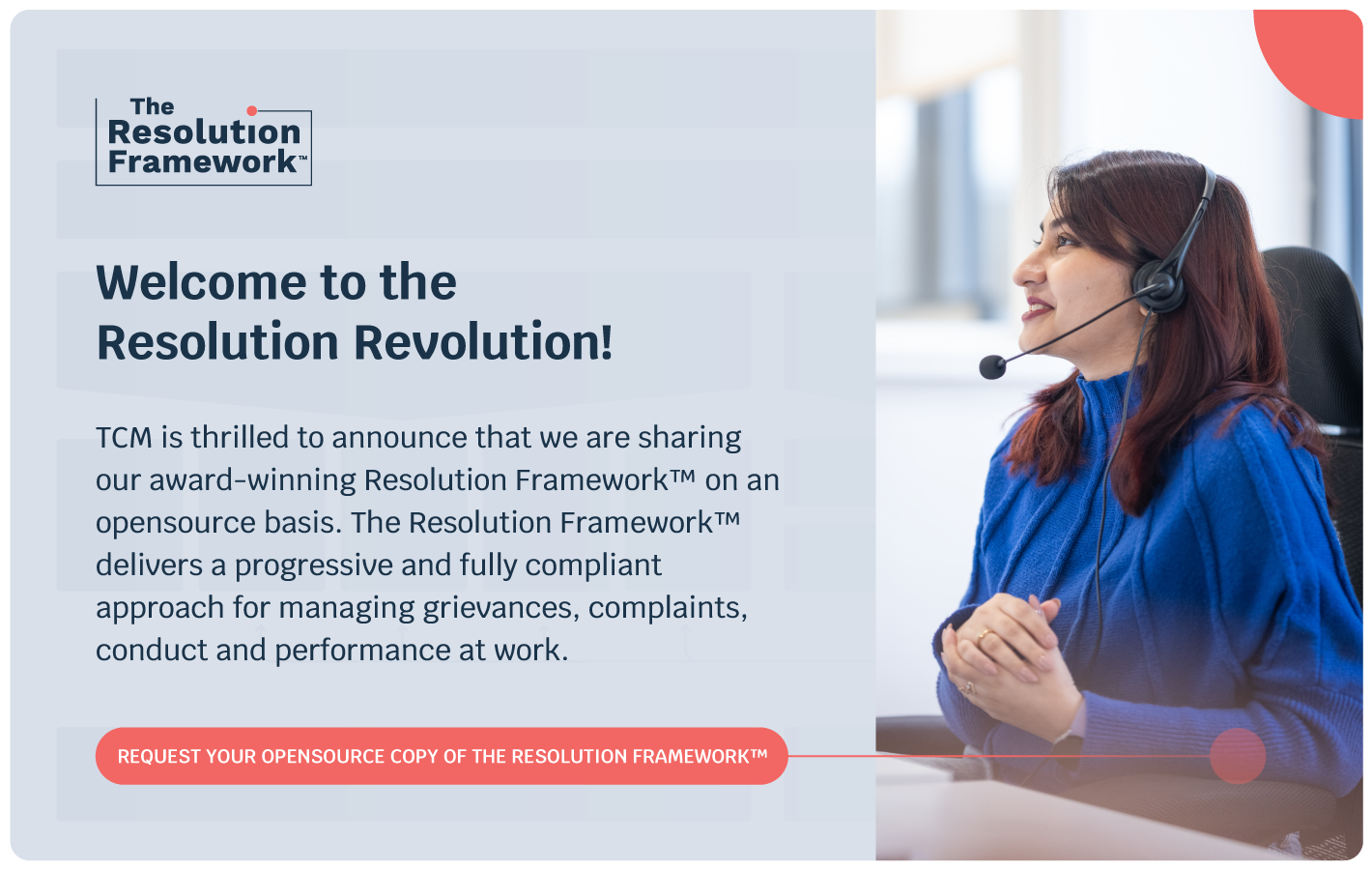
Share article:
Tags:
Employee engagement isn’t just a buzzword. It’s a critical factor for overall health and success.
It’s proven that engaged employees have higher wellbeing, better retention, lower absenteeism and higher productivity. In short, when employees are engaged, they achieve their best results, meaning business does much better.
Sounds simple, right? If that’s the secret to success, it seems many organisations are falling short of the mark. According to Gallup’s 2023 engagement survey, only 23% of UK employees are actively engaged at work.
Keeping employees engaged involves a real and ongoing commitment from organisations. It doesn’t work to shove a few perks and an off-the-shelf yearly review in colleagues’ faces. Both leadership and employees must work together to implement thoughtful strategies that work for each unique organisation.
Wondering where to start to strike that balance of happy employees and healthy business? Here’s ten tips that your workplaces can integrate into its initiatives and policies.
- Effective communication
Establish open and transparent communication channels within a safe space for all staff. Encourage frequent and honest dialogue between management and employees, prioritising resolution practices such as mediation, coaching and facilitated conversation. Regularly share updates, news, and progress to keep employees informed and engaged through internal or external communications.
- Employee recognition and rewards
Everyone likes to hear that they’re doing well. Recognise and appreciate employees for their contributions and achievements – but not as a one off. Implement a system that acknowledges and rewards employees for their hard work, such as employee of the month programs, performance or business success-based bonuses, or other incentives.
- Professional development
Provide opportunities for growth and development to employees. Offer training programs, workshops, and mentorship opportunities that allow employees to enhance their skills and advance their careers within the organisation. Encourage employees to set personal goals and provide support to help them achieve those goals.
- Work-life balance
Promote a healthy work-life balance by offering generous holiday schemes, flexible work arrangements, such as remote work or “work away” options, flexible hours, or compressed workweeks. Show support for their personal commitments and well-being.
- Employee feedback and involvement
Create a culture that values employee feedback and actively seeks input from employees. Conduct regular surveys, focus groups, or one-on-one meetings to gather feedback on their experiences, challenges, and ideas for improvement. Act on the feedback received and involve employees in decision-making processes whenever possible.
- Empowerment and autonomy
Provide employees with the necessary resources, tools, and authority to make decisions and take ownership of their work. Avoid micromanagement and encourage autonomy and innovation. Trust colleagues to accomplish their tasks and allow them to have a sense of control over their work.
- Team building and social activities
The words “work” and “fun” can exist in the same sentence. Organise team-building activities, social events, and outings to foster a sense of camaraderie and strengthen relationships among employees. This helps to build collaboration, teamwork, and a positive work environment.
- Purpose and values alignment
Clearly communicate the business’ mission, vision, and values, and connect them to employees’ roles and contributions. Help employees understand how their work aligns with the organisation’s goals and how it contributes to a greater purpose.
- Leadership support and development
Ensure that leaders and managers are equipped with the necessary skills to effectively lead and engage their teams. Seek out bespoke leadership development programmes and training to enhance their abilities in communication, empathy, conflict management, and motivation.
- Continuous improvement
It’s great to implement new initiatives – but are they working? Do they need to be tweaked or improved? Be sure to regularly assess and evaluate the effectiveness of your employee engagement initiatives so that you can continuously strive to create a positive and engaging work environment.
These steps prove that the secret to employee engagement is through building supportive and nurturing workplaces to lift colleagues up and allow them to flourish in the way that they want to. Work engagement isn’t just an intangible concept; it’s a powerful driver of both business health and success. Satisfy your employees and watch the long-term growth and prosperity of your business soar.











